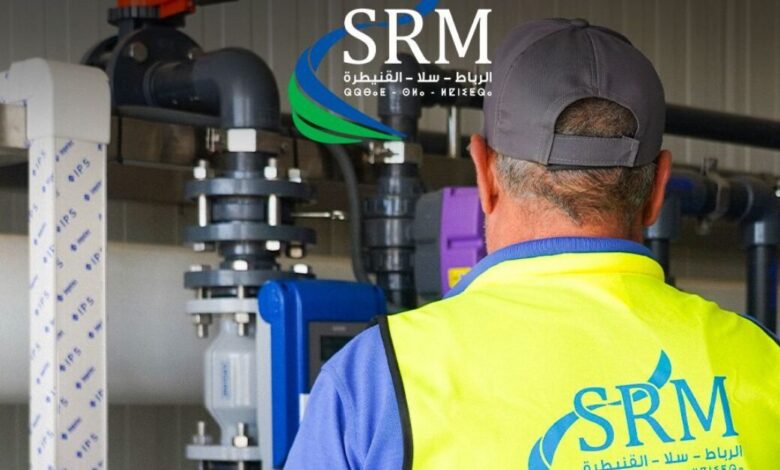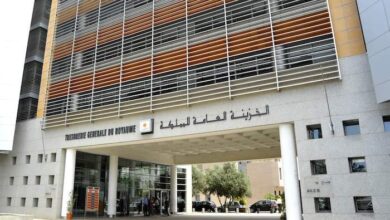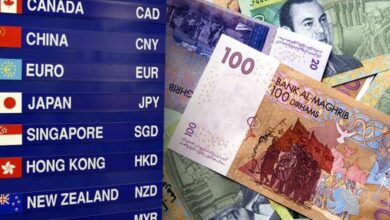SRM RSK: An Emerging Model of Sustainable Public Management

The Rabat – Salé – Kénitra Regional Multi-Services Company consistently affirms its position as a modern public institution, blending operational efficiency, innovation, and sustainability. Its central goal is to bring essential services closer to citizens within a framework of integrated development.
The company covers the entire territory of the region, except for areas managed by “Redal.” Since last June, it has provided electricity distribution to over 755,000 customers through a dependable network and supplied drinking water to more than 555,000 subscribers via 311 reservoirs, 133 pumping stations, and an extensive 15,500 km network. Additionally, it handles the collection and processing of wastewater for over 435,000 beneficiaries through 20 treatment plants and 79 liquid sanitation pumping stations, reflecting the scope of its mission and its commitment to delivering public services that meet high standards.

Since its inception, the company has undertaken several major strategic projects, including the wastewater treatment station at Bab Tiouka in the Sidi Kacem province, which is part of the emergency plan for cleaning up the Sebou basin. This initiative exemplifies its commitment to preserving natural resources and reducing industrial pollution.

The company is also responsible for the maintenance of Sidi Boughaba beach as part of the national “Clean Beaches” program, in partnership with the Mohammed VI Foundation for the Protection of the Environment, the Sidi Taibi municipality, and the Kénitra province prefecture. This initiative aims to provide a clean and safe space for visitors while raising awareness about environmental protection and encouraging responsible ecological behaviors.

The company is led by Mrs. Fatima Guennouni, the first woman to hold this position, marking a significant milestone in the reform of territorial governance. Her background is rich; she previously managed the autonomous water, electricity, and liquid sanitation distribution agency in Fez, where she demonstrated her ability to lead large projects, improve services, and manage complex technical issues.
According to a company statement, its ambitious investment program will span forty years—the duration of the management contract—to support the region’s demographic and urban growth, ensure a continuous and reliable supply of electricity and drinking water, and protect the environment and water resources. This program also includes improving network performance, ensuring service quality and continuity, expanding access to water, electricity, and sanitation services, reducing territorial disparities, and enhancing service diversity.
The company’s strategy is based on creating local representations equipped with the necessary human, financial resources, and authority to manage services effectively at the citizen level. This modern management model relies on transparency, efficiency, the use of advanced technologies, and environmentally responsible practices, aligned with the demands of regional development and residents’ expectations.
The company asserts that its goal is to enhance current standards, bring services closer to citizens, improve customer experience, and modernize work methods, while committing not to raise existing tariffs.
With its initial projects and a clear roadmap, the Rabat – Salé – Kénitra Regional Multi-Services Company is on track to become a national model of public management that combines quality, sustainability, citizen service, and environmental protection.







